The word “leakage is never used to describe something good. For any business, the problem of revenue leakage is doubly unpleasant, both for what it means to the top and bottom line. It’s estimated that pharma companies lose roughly $15 billion every year through such leakage There are many sources of this leakage, and two of the biggest are chargebacks and rebates. However, much of the revenue loss is entirely avoidable.
A Quick Refresher
Chargebacks are payments made from seller to buyer. The very dynamic nature of the healthcare industry, and pharmaceutical prices specifically, makes chargebacks ubiquitous. These payments are effectively discounts on products, paid out after the sale is complete. Rebates are similar — they’re payments made to the purchaser after the sale — but are generally offered as performance incentives. If a distributor reaches a certain amount of revenue, for example, they earn a certain percentage of those sales back from the manufacturer.
In both cases — chargebacks and rebates — there’s a level of administrative effort required to ensure accuracy. Distributors don’t offer the same discounts or chargebacks to every customer: they’re negotiated beforehand and sometimes those customers deal directly with the manufacturer to arrive at final pricing.
Meanwhile, chargebacks are also extended from the manufacturer to the distributors, separate from what is being offered to their customers further down the supply chain. There is a lot to keep track of, especially if you’re the middleman. And while rebate programs tend to take a more standardized approach — money is paid back at a single rate to all participants — the factors that earn customers their rebate must be monitored and documented.
Life Without Software
Manually managing all this can be extremely cumbersome. Excel spreadsheets are often used as makeshift databases, tracking sales by product and revenue; calculations of how much money is owed in chargebacks and rebates rely on hand-typed formulas referencing thousands of cells across columns and rows.
For rebates, the data in the spreadsheet needs to be reconciled with the terms and conditions of the program or contract. It’s a method that’s ripe for error, but it’s still better than what many distributors do, which is not track any of it and just rely on what the customer reports to them.
These scenarios have obvious flaws, and it doesn’t take much imagination to see how they can result in lost revenue. In the case of rebates acting as incentives, the hit distributors take can be twofold when they make purchasing decisions based on expected rebate revenue. Maybe they have a budget to buy 1,000 cases of widgets, but a rebate program means they’ll end up lowering their overall costs and increasing profits when they sell 1,500 — so they buy more based on this expectation. Tracking sales here becomes even dicier, as there’s no change to the upfront purchasing cost. Failure to accurately track sales and claim rebates means that a distributor has spent more money upfront to lose revenue after the sale.
All of this amounts to a digital version of a paper-based approach of record keeping, where the data you’re tracking isn’t integrated with your operational infrastructure. Whatever calculations you arrive at in Excel aren’t going to be exported to the EDI document you’ll need to submit to claim chargebacks and rebates. Perhaps a Revenue Management System might automate the process, but does it integrate with your ERP software? Is it attuned to the specific needs (both operational and regulatory) of the pharmaceutical industry? If you’re not already running such a platform, is it worth the cost for such a singular purpose?
Take Back Your Chargebacks
A supply chain management solution such as Iptor includes the tools needed to audit, report, and — most importantly — collect on chargeback and rebate claims. Deep configuration options let you spell out the terms of contracts within the system and automate the validation process. With everything configured ahead of time the software can calculate rebates and chargebacks at the time a sales order is created and they’re reportable at any time. With an organized view of all the data needed to submit claims, Iptor’s supply chain management solution facilitates the submission via the pharma industry’s standard EDI 844 form and is able to receive the inbound 849 form confirming the adjustments or furthering negotiation.
The inefficient management of chargebacks and rebates makes up a large part of the $15 billion dollars pharma loses every year. It’s an industry-wide problem: the issue doesn’t just stop at lost revenue. There’s also the matter of wasted time and resources trying to manually manage everything and unnecessary money spent when poor purchasing decisions are made in pursuit of these discounts and rebates. The good news is that it’s entirely preventable and the fix is as simple as choosing the right software.

